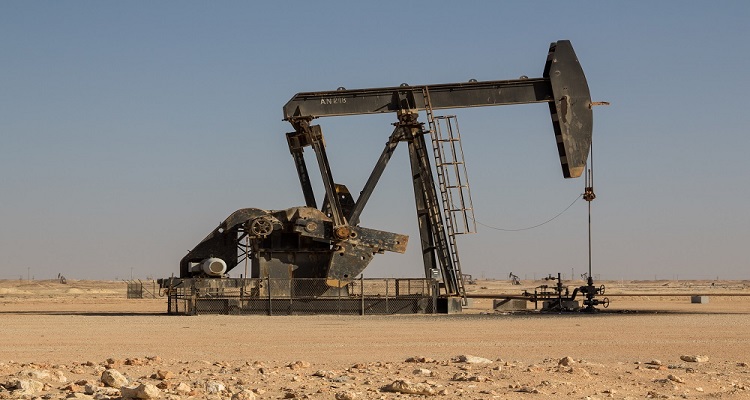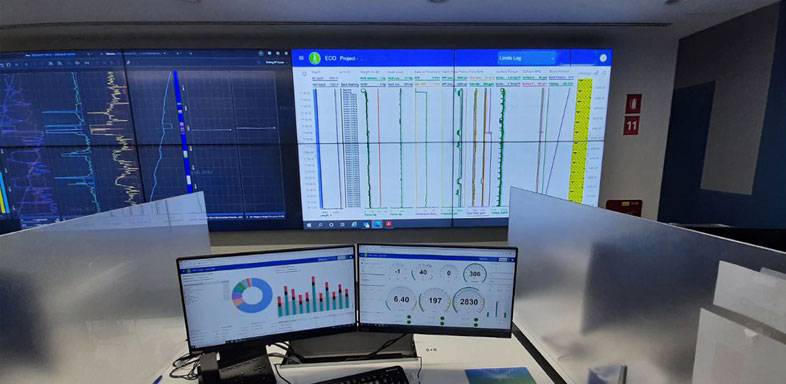The International Energy Agency (IEA), in its latest monthly, report cut its estimates for world oil demand growth this year.
In its oil report, the IEA lowered its forecast for global oil demand in 2012 to average 89.9mn bpd, 300,000 bpd lower than its previous estimate a month ago.
Marginal increase
As a result, the IEA now expects world oil demand to grow by just 800,000 bpd in 2012, compared with 1.1mn bpd previously, and marginally up from 700,000 bpd in 2011.
But while the deceleration of global economic growth this year is now forecast to exceed that registered in 2011, the IEA said the feed-through to oil demand should be mitigated by a more stable oil price background.
"Despite the economic backdrop darkening further in 2012... growth marginally accelerates as prices, based on the futures strip, are unlikely to have the same negative influence on demand as in 2011," the IEA said in its report.
Libyan output
While the demand outlook has weakened, the IEA said world oil supply is continuing to climb as Libyan output ramps up and as growing OPEC NGLs production more than compensate for a slip in non-OPEC supplies.
The IEA said global oil supply rose by 100,000 bpd to 90.2mn bpd in January, with rebounding output from Libya partially offset by declines in non-OPEC countries. OPEC crude oil supply averaged 30.9mn bpd in January, up by 80,000 bpd from December levels, and the highest level from the cartel since October 2008, the IEA said.
The IEA reiterated that the perceived risk of the impact of international sanctions on Iranian crude supplies continues to support prices.
"Perceptions of impending supply issues are clearly placing a floor under oil prices for now," the IEA said.
The Iran effect
While sanctions on Iran are already having an impact on crude oil trade flows in Europe, Asia and the Middle East, the world oil market has enough flexibility to cope with any loss in Iranian supplies this year, the IEA said.
The 2012 "call"
Looking ahead, the IEA said it estimates that the dispute is likely to dent non-OPEC output for the remainder of the first half of 2012 by around 240,000 bpd compared to year ago levels.
As a result of lower demand outlook, the IEA cut its estimates for the call on OPEC crude this year by 100,000 bpd to 29.9mn bpd. The 2012 "call" is now 700,000 bpd below the 2011 average, the IEA stated.








































